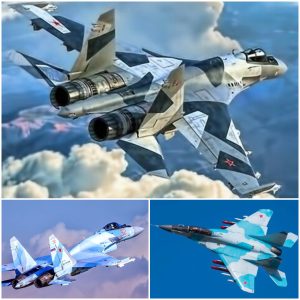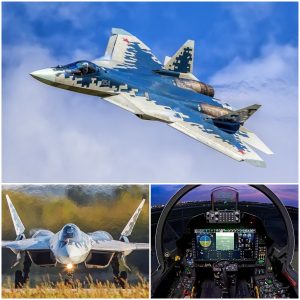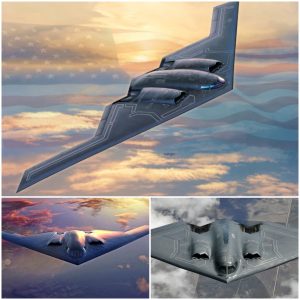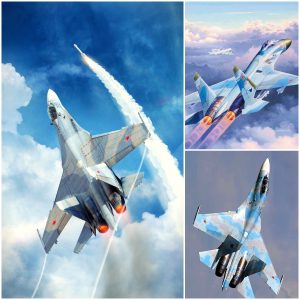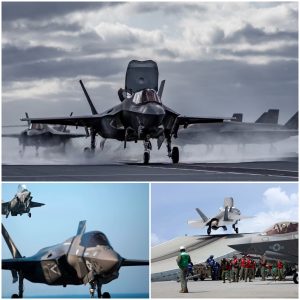According to information published on December 14, 2020, Freedom-class Littoral Combat Ship (LCS) 23, the future USS Cooperstown for U.S. navy, completed acceptance trials in Lake Michigan. Trials included a full-power run, maneuverability testing, and surface and air detect-to-engage demonstrations of the ship’s combat system. Major systems and features were demonstrated, including aviation support, small boat launch handling and recovery and machinery control and automation.
According to information published on December 14, 2020, Freedom-class Littoral Combat Ship (LCS) 23, the future USS Cooperstown for U.S. Navy , completed acceptance trials in Lake Michigan. Trials included a full-power run, maneuverability testing, and surface and air detect-to-engage demonstrations of the ship’s combat system. Major systems and features were demonstrated, including aviation support, small boat launch handling and recovery and machinery control and automation.
Follow Navy Recognition on Google News at this link
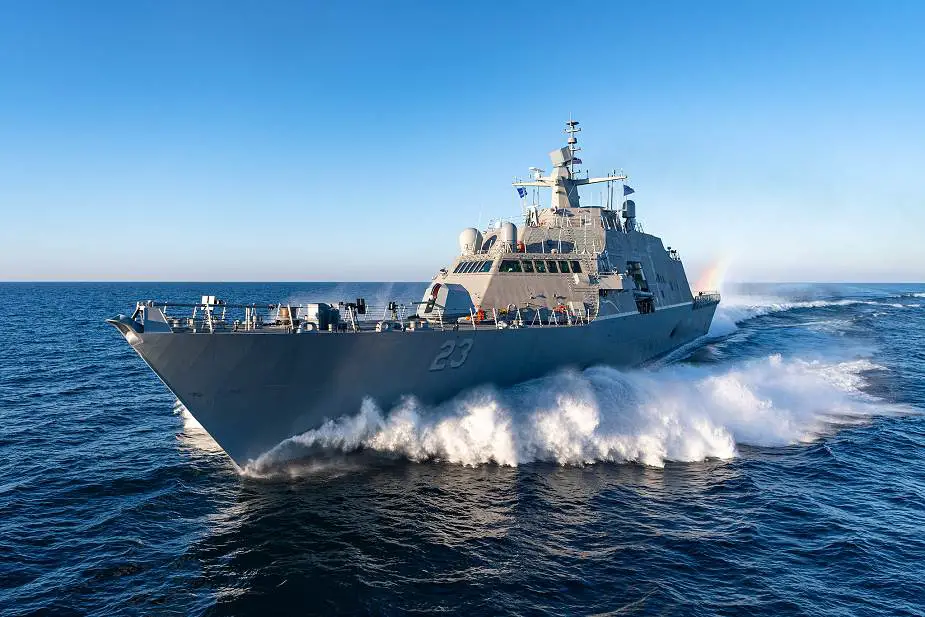 Freedom-class Littoral Combat Ship (LCS) 23, the future USS Cooperstown (Picture source Lockheed Martin)
Freedom-class Littoral Combat Ship (LCS) 23, the future USS Cooperstown (Picture source Lockheed Martin)
Now that trials are complete, the ship will undergo final outfitting and fine-tuning before delivery to the U.S. Navy next year. LCS 23 is the 12th Freedom-variant LCS designed and built by the Lockheed Martin (NYSE: LMT)-led industry team.
Marinette Marine was awarded the contract to build the The USS Cooperstown (LCS-23) on 29 December 2010, at their shipyard in Marinette, Wisconsin. The ship is a Freedom-class littoral combat ship built for the United States Navy. She was launched on 19 January 2020 and christened on 29 February 2020.
The Freedom-class and the Independence-class are the first two LCS (Littoral Combat Ship) variants. She is a resilient, flexible warship, designed from the keel up to affordably take on new capabilities including advanced sensors, missiles and cutting-edge cyber systems. Its speed, strength and versatility make it a critical tool to help sailors achieve their missions.
The design of the Freedom-class conists of a semiplaning steel monohull with an aluminum superstructure. It has a length of 115 m, a beam of 57.4 m, a drfat of 12.8 m and displaces 3,500 metric tons (3,400 long tons). he design also incorporates a large, reconfigurable seaframe to allow rapidly interchangeable mission modules, a flight deck with integrated helicopter launch, recovery and handling system, and the capability to launch and recover boats (manned and unmanned) from both the stern and side.
The Freedom-class is powered by two Rolls-Royce MT30 36 MW (48,000 hp) gas turbines, two Colt-Pielstick 16PA6B 6.8 MW (9,100 hp) diesel engines and 4 Rolls-Royce waterjets. She can reach a top speed of 47 knots (87 km/h; 54 mph) with a cruising range of 3,500 nmi (6,500 km; 4,000 mi) at 18 knots (33 km/h; 21 mph). She has an endurance of 21 days with a crew of 115 people.
The Freedom-class is armed with one 1 BAE Systems Mk 110 57 mm naval gun, one Mk 49 launcher with 21 RIM-116 Rolling Airframe Surface-to-Air Missiles, four .50 in (12.7 mm) machine guns, two 30 mm Mk44 Bushmaster II guns (part of SUW module), eight RGM-184A Naval Strike Missiles, 24 AGM-114L Hellfire missiles (planned part of SUW module) and one Lockheed Martin 150 kw High Energy Laser.

